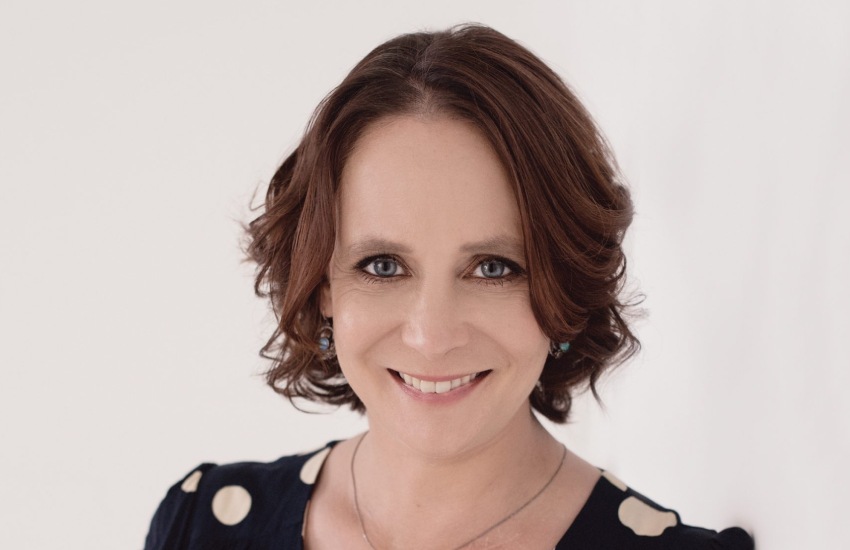Pandemic hangover leaves 40 per cent of owners worse off, COSBOA survey finds.
26 June 2024
New Broker Academy 2024
The Adviser’s New Broker Academy is designed to equip new-to-industry and prospective brokers with the tools needed...
KNOW MOREPandemic hangover leaves 40 per cent of owners worse off, COSBOA survey finds.

Small-business owners are raiding their personal finances to pay off debts accumulated through the pandemic and cover rapidly rising energy costs, research from a peak body said.
One-third of small businesses experienced energy hardship due to COVID, the Small Business Power Research Report from the Council of Small Business Organisations Australia found, and that has left one in five with an energy service debt.
The research, which surveyed 408 small-business owners on the impact of energy policy, was funded by Energy Consumers Australia.
As well as energy hardship the survey found just half of the businesses surveyed had returned to full operation, with 43 per cent functioning below capacity and 3 per cent temporarily closed.
It also found that 40 per cent of small-business owners reported being in a worse financial situation personally due to the impact of the pandemic on their business and ability to pay essential bills.
A third of owners delayed paying their energy bills, leaving one in five with an energy debt outstanding.
The effect was most pronounced on businesses with more than 20 staff (41 per cent impacted), those with an embedded network or shopping centre (56 per cent), newer businesses (59 per cent), and those struck by temporary closures (69 per cent).
The impact of pandemic-induced energy hardship would be felt long term, COSBOA chief executive Alexi Boyd said.
“Small business owners across the country are grappling with how to pay down legacy bills left over from COVID shutdowns and slowdowns,” Ms Boyd said.
“It’s a double-hit, as they are trying to rebuild right as operating costs such as petrol prices and electricity are skyrocketing, supply chains are significantly impacted, and an acute worker shortage makes it nearly impossible to grow revenues.
“The COVID hangover, including debt from energy bills incurred during the pandemic downturn, is a handbrake on the recovery of the Australian economy because half of Australia’s 2.4 million small businesses have not returned to full operations and support is needed to get them back to capacity.”
Energy Consumers Australia CEO Lynne Gallagher said the research demonstrated the need to set the right policy conditions to support small businesses to manage energy bills as they emerge from the pandemic, and other future economic shocks.
“The research clearly shows that flexibility to pay bills, proactive support and better communication from energy providers are all extremely helpful to supporting small business during difficult times like the COVID-19 pandemic,” Ms Gallagher said.
“The surprising lesson from the research was the number of small businesses that were wary of asking for help and labelling themselves as being under financial distress, with the embarrassment and stigma preventing them from accessing support that was already available.”
The survey showed NSW businesses were significantly more likely to have suffered energy hardship despite fewer lockdowns and border closures in neighbouring states.
While half of all small businesses experienced lockdown disruptions, two-thirds experienced temporary closures – one of the strongest indicators of energy hardship.
The disruptions hit bottom lines, with two in five SMEs reporting substantial declines in sales and profits.
Energy hardship was felt most profoundly by heavy energy users and businesses where electricity demands continued even if customers were hibernating or locked down.